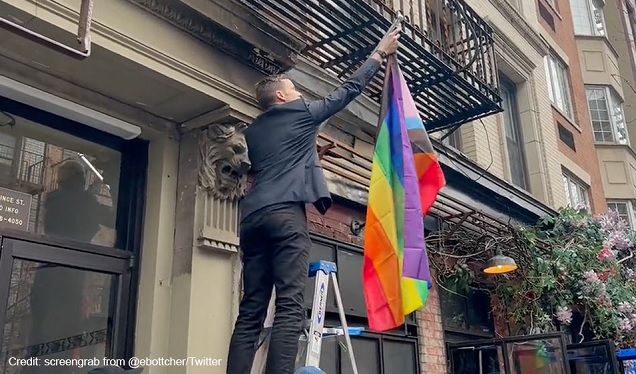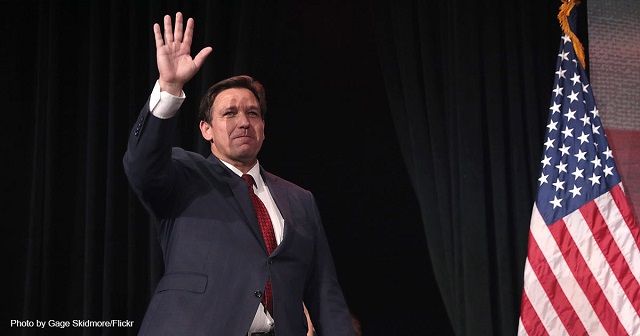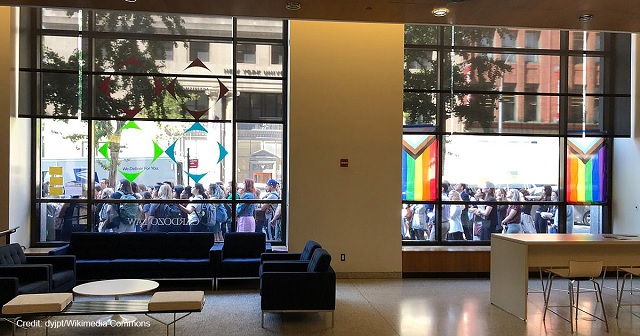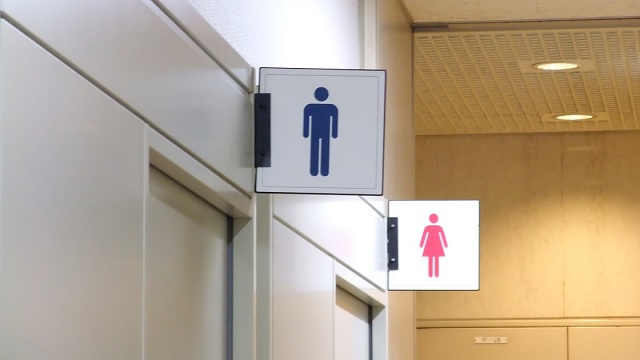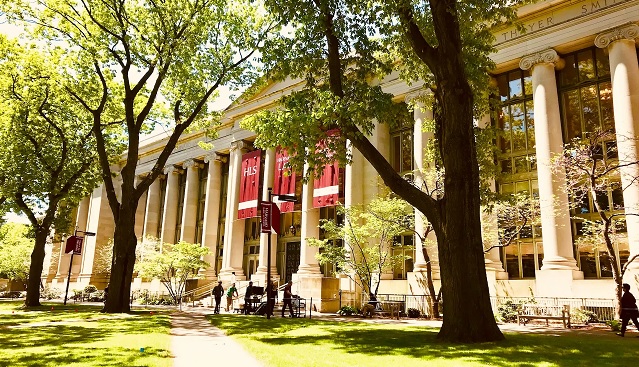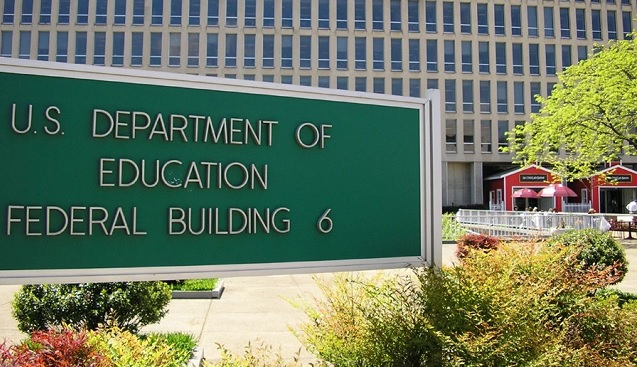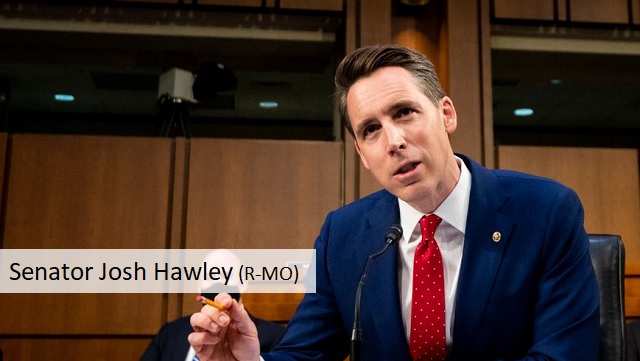Teacher Claims She Knows Better than Parents Because ‘I Have a Master’s Degree’
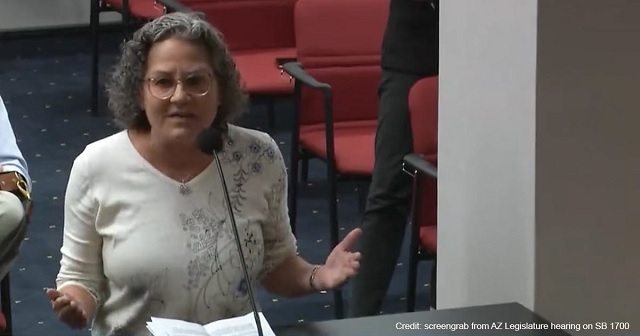
An Arizona teacher made the case for parental rights legislation she was testifying against in a bizarre rant last Wednesday. While testifying against Arizona SB 1700 on February 15, the teacher insisted that parents should not have the right to oversee her school materials because, “I have a master’s degree. … What do the parents have?”
SB 1700 would give parents the right to review material for 120 days before it is made available to students and ask schools to remove books the parent finds “to be lewd or sexual in nature, to promote gender fluidity or gender pronouns or to groom children into normalizing pedophilia.” It passed out of the Senate Education Committee last Wednesday in a 4-3 vote.
Special education teacher Alicia Messing complained:
“I have a master’s degree, because when I got certified, I was told I had to have a master’s degree to be an Arizona-certified teacher. We all have advanced degrees. What do the parents have? Are we vetting the backgrounds of our parents? Are we allowing the parents to choose the curriculum and the books that our children are going to read? I think that it’s a mistake — and I’m just speaking from the heart — the one line that I love is, ‘we must remember that the purpose of public education is not to teach only what parents want their children to be taught, it is to teach them what society needs them to be taught.’”
“The master’s degree is the problem. It’s not the solution,” responded Joseph Backholm, FRC’s senior fellow for Biblical Worldview and Strategic Engagement, in an interview with The Washington Stand. “There’s a saying, ‘I’d rather be governed by 100 people randomly selected from the phone book than by the faculty of Harvard Law School,’ which applies here. Uneducated is better than miseducated. And all of these people have been miseducated.”
In response to the teacher’s suggestion that passing SB 1700 would be a mistake, Backholm replied, “It’s only a mistake if you think parents are a problem for your children. It’s only a mistake if you think you know better what their kids need than they do.”
Backholm also reacted to the teacher’s final quote, taken from the radicalized Michigan Department of Education, that public education is about teaching kids “what society needs them to be taught,” rather than what parents want. “That is so laden with religious, moral implications,” said Backholm. “She has no idea that she’s been completely brainwashed, and that she’s trying to brainwash children as she has been. Teachers like her come to believe there’s only one way of seeing things.”
“This quote is a great example of the divide we face in American education today,” FRC’s senior fellow for Education Studies Meg Kilgannon told The Washington Stand. “This encapsulates the mindset of the progressive ideologue. But it also reflects the kind of training that most teachers get in schools of education at college or in professional development offered on the job. Teachers like this one are trained to believe they are superior because they have a special knowledge of or insight into children.”
“Parents are understandably offended to be held in such low regard,” continued Kilgannon. “This attitude causes a breakdown in the relationship parents should have with those to whom they entrust their children.”
Backholm shared an anecdote of his wife pursuing an education degree in Washington State. Many people in her program were “not functionally literate” — as in, couldn’t write a coherent paragraph — but he said they got their teaching certificates all the same because they could prove on a test that they held the proper Marxist beliefs. “They think their expertise is the solution,” said Backholm. “We as parents think their expertise is the problem because they’re experts in the wrong things.”
“People who think this way seem more interested in educating children into ideologies or belief systems not shared by parents, rather than multiplication tables or parts of speech — facts we can all know regardless of our individual beliefs or ‘identities,’” Kilgannon agreed.
Fortunately, said Backholm, “Arizona has already implemented universal school choice, which lets kids just leave the schools where this stuff is taught. That’s what will ultimately solve this problem.”
But he said SB 1700 would improve education in Arizona because it “would serve as a further deterrent to the trash being implemented. Because the teachers understand the likelihood of being caught is much higher, and they don’t want to deal with that.”
“Anything that gives parents the ability to oversee the moral instruction of their students is really helpful,” summarized Backholm. “This teacher is a prime example of why, because she thinks she knows what other parents’ kids need more than their parents do.”
“I hope that this viral moment can contribute to a discussion about the importance of adults working together for the good of children, with respect for parents,” concluded Kilgannon, “but it can at least serve as a warning to parents that not all the folks in school hold parents in high regard.”
Backholm agreed, arguing that parents “should make sure they never have a child in that woman’s classroom. That teacher should never have another student. … The primary impact she’s going to have on children’s lives is a negative.”
“You should be vigilant,” Backholm implored parents. “Intervene with teachers before your child enters their classroom. Keep your kid home rather than send him to her class. Give him a book. Let him go walk in nature.” Anything would be better for children than placing them in the care of such a teacher.
If educators all have master’s degrees, what do parents have? For starters, they have a God-given responsibility for the education of their children — particularly their moral education. The Lord commanded Israel, “And these words that I command you today shall be on your heart. You shall teach them diligently to your children, and shall talk of them when you sit in your house, and when you walk by the way, and when you lie down, and when you rise” (Deuteronomy 6:6-7).
On top of that, parents have literally known their child for his or her entire life. They stayed up for colic and stayed home for sniffles. They know better and earlier than anyone else about their child’s personality, proclivities, habits, tones, moods, diet — you name it. They know how to discipline, teach, and train their child (who likely takes after them in some ways) to best encourage their virtues and mortify their vices.
Parents aren’t perfect, but, compared with a Marxist doctrinaire who just met their child this year, they have a huge head start.
AUTHOR
Joshua Arnold
Joshua Arnold is a staff writer at The Washington Stand.
RELATED ARTICLE: Teacher Who Allegedly Saluted Hitler, Pushed Antisemitic Conspiracy On Students Placed On Leave
RELATED TWEET:
The four Afghans at Astor School, Dover accused of rape were released without charge.
The school "doesn't think (the alleged rape) is serious."
The victim "is traumatised & not returning"
The school told the girls how to dress in front of them.
"The boys will do it again" pic.twitter.com/AY02sMa8kM
— David Atherton (@DaveAtherton20) February 23, 2023
The Washington Stand is Family Research Council’s outlet for news and commentary from a biblical worldview. The Washington Stand is based in Washington, D.C. and is published by FRC, whose mission is to advance faith, family, and freedom in public policy and the culture from a biblical worldview. We invite you to stand with us by partnering with FRC.
EDITORS NOTE: This Washington Stand column is republished with permission. ©All rights reserved.

